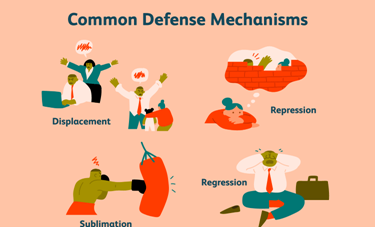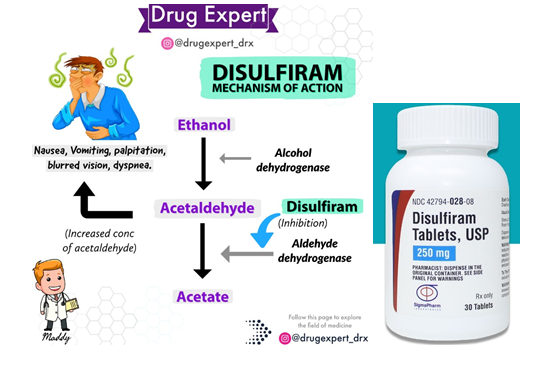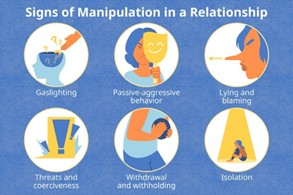A nurse is caring for a client who smokes and has lung cancer. The client reports, “I'm coughing because I have that cold that everyone has been getting.”
The nurse should identify that the client is using which of the following defense mechanisms?
Denial
Reaction formation
Sublimation
Suppression
The Correct Answer is A
Denial is a defense mechanism where an individual refuses to accept or acknowledge the existence of a problem or a reality that causes anxiety or distress. In this scenario, the client is denying that their coughing is related to their lung cancer, and instead attributing it to a common cold that everyone is getting. This denial may be a way for the client to avoid facing the reality of their illness and the potential consequences of smoking.
Option b, reaction formation, is a defense mechanism where an individual expresses feelings or behaviors that are the opposite of their true feelings to reduce anxiety.
Option c, sublimation, is a defense mechanism where an individual channels their unacceptable impulses into more acceptable or socially appropriate behaviors.
Option d, suppression, is a defense mechanism where an individual consciously pushes down or avoids their thoughts or feelings. None of these defense mechanisms are being exhibited in the scenario described.

Nursing Test Bank
Naxlex Comprehensive Predictor Exams
Related Questions
Correct Answer is B
Explanation
Disulfiram is a medication used in the treatment of alcohol addiction. It works by causing unpleasant symptoms, such as nausea and vomiting, when alcohol is consumed. This medication is only effective if the client abstains from alcohol consumption while taking it. If the client consumes alcohol while taking disulfiram, they will experience severe adverse effects, including nausea and vomiting, which can be a sign of a severe reaction. Therefore, it is crucial for the nurse to suspect that the client's distress is likely caused by consuming alcohol while taking disulfiram.
Option a is incorrect because nausea and vomiting are not common side effects of disulfiram.
Option c is incorrect because the question does not provide any information suggesting an allergic reaction.
Option d is incorrect because an overdose of disulfiram would not likely cause nausea and vomiting as severe as those reported by the client.

Correct Answer is C
Explanation
Manipulative behavior is not acceptable in any situation, and it is important for the nurse to set clear boundaries and expectations with the client. Allowing manipulation can enable the client's behavior and reinforce it. Avoiding discussing past or present manipulative behaviors with the client may not effectively address the issue and could potentially worsen the behavior. Bargaining with the client can also reinforce manipulative behavior.
Therefore, instituting consequences for manipulative behavior is the most appropriate intervention to include in the plan of care. This could involve setting clear limits on what is acceptable behavior and consistently enforcing consequences when those limits are exceeded. The consequences should be communicated clearly to the client, and the nurse should work with the client to identify more appropriate ways to communicate their needs and concerns.

Whether you are a student looking to ace your exams or a practicing nurse seeking to enhance your expertise , our nursing education contents will empower you with the confidence and competence to make a difference in the lives of patients and become a respected leader in the healthcare field.
Visit Naxlex, invest in your future and unlock endless possibilities with our unparalleled nursing education contents today
Report Wrong Answer on the Current Question
Do you disagree with the answer? If yes, what is your expected answer? Explain.
Kindly be descriptive with the issue you are facing.
